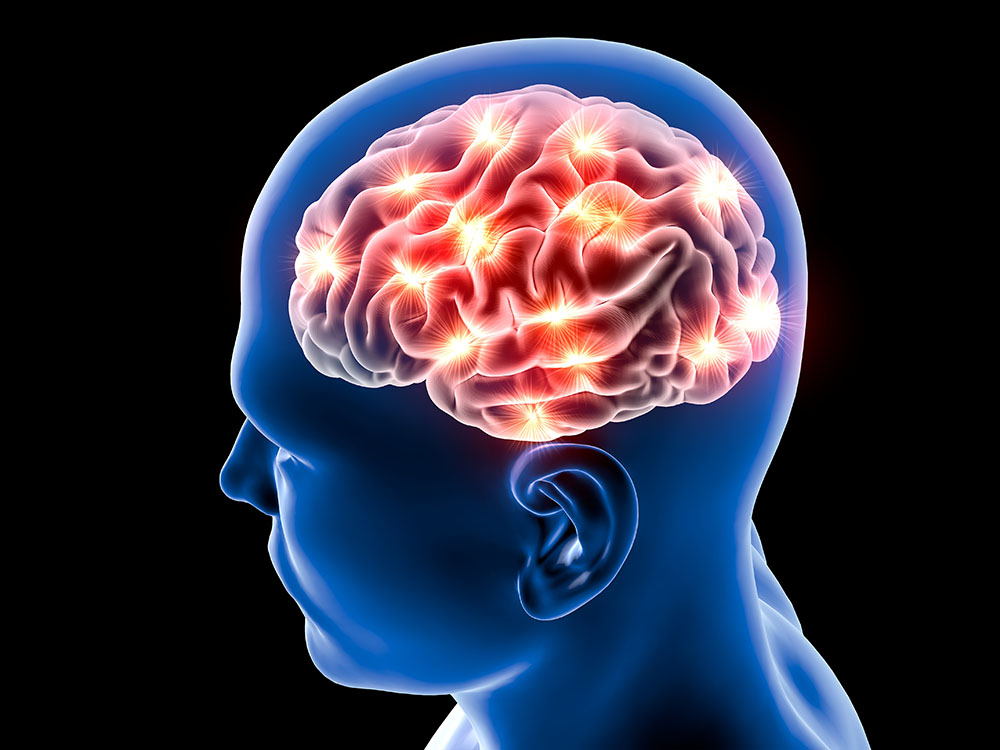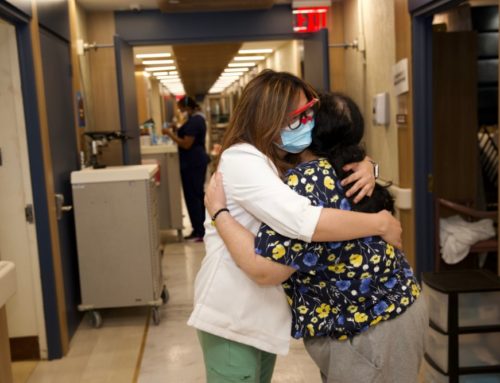Signs Of Neurological Problems: How To Recognize Them
It may not be easy to notice mild signs of neurological problems which sometimes start in the very young. If not treated, symptoms usually progress, so be sure to watch out for any early signs. Neurological disorders are many and diverse and depend on the kind of disorder as well as the body part/s affected.
If you think you have symptoms seek medical advice or a treatment facility that specializes in neurological problems.
Our brain, spinal cord and nerves are the main components of the nervous system. But if this system is not working in a coordinated way, neurological symptoms arise. Common signs of a problem are headaches, blurry vision, fatigue, numbness in the legs or arms, tremors, and slurred speech.

Mental Signs Of Neurological Problems
People often fail to understand that a major sign of neurological problems is emotional turmoil. Mood swings, sudden bursts of laughter or crying, depression, and delusions are tell-tale signs. If you notice these symptoms in yourself or a loved one you should seek help right away.
Mental signs of a neurological disorder may include difficulty in speaking, moving, maintaining attention, breathing, and remembering. Most people who develop neurological symptoms usually have several at the same time.
Depression
Where depression and neurological problems are linked or combined, it may be difficult to overcome them without professional assistance. Treatments, which vary enormously, usually include therapy in combination with medication.
Decreased Alertness
Alzheimer’s disease is a common neurological disorder affecting brain function, memory, and behavior. It is associated with decreased alertness and a decline in cognitive ability. Decreased alertness is associated with mild or severe cognitive impairment (dementia).
Physical Signs
Physical signs of neurological problems may include partial or complete paralysis, muscle weakness, seizures, unexplained pain, or numbness.
Spasticity is when muscles become tense and rigid and your reflexes may be exaggerated. This can affect the way you walk, move, or even speak. The condition often has a neurological origin due to cerebral palsy, head trauma, multiple sclerosis, or other neurodegenerative diseases.
Muscle Weakness
Multiple sclerosis is an example of a neurological disorder characterized by muscle weakness. Watch out for muscle weakness as it can indicate serious problems related to your brain, spinal cord, or nervous system.
Unexplained Pain
Unexplained pain may be caused by inflammation, and chronic inflammation is the cause of multiple degenerative diseases, including Alzheimer’s.
Loss of Sensation
Numbness (partial or complete loss of sensation) can be a symptom of neurological problems. People with numbness may be unable to feel pain, temperature, vibration or someone touching them. They may also lose a sense of body posture, balance, and coordination.
If you have any symptoms of neurological diseases, see your doctor for advice. Preventing serious health conditions is always easier than managing them.
We at Fairview Rehab And Nursing Home in Queens NY know how to care for and treat neurological problems. Do not hesitate to talk to us if you would like to know more on how to manage your neurological health issues.
This article contains informational and educational materials and does not replace health or medical advice. For questions or concerns regarding your medical condition or health objectives, speak to a qualified physician or healthcare provider.






Please could you help me how do I know if I have a neurological disorder as I have an incontinence problem. Or latch disorder as they also call it